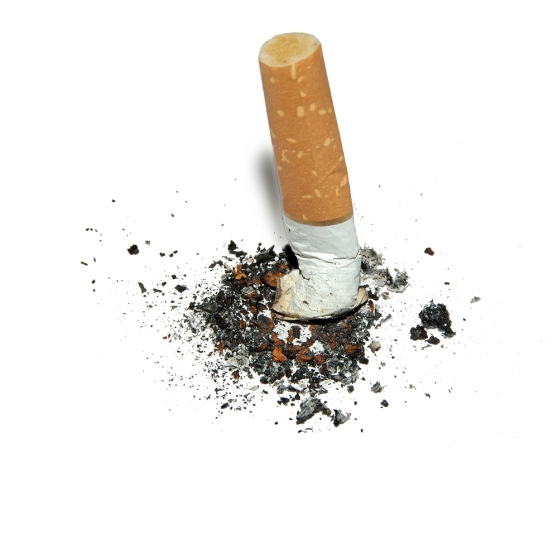How to Quit Smoking
Your body may experience both physical and psychological symptoms of withdrawal once you quit, but that’s okay! While the physical symptoms may last from a few days to weeks, the psychological symptoms will likely last much longer — though severity varies from person to person. To cope, helpguide.org recommends keeping your mind and hands busy by reading a book or doing a crossword. Finding an oral substitute — like gum or brushing your teeth — may also help, especially if you often smoke after meals. Helpguide.org also recommends drinking a glass of cold water slowly, which may help the craving pass. Staying hydrated may also help with the physical symptoms of withdrawal.
Reviewed by:
Review Date:
July 15, 2015Citation:
Image courtesy of © Hayati Kayhan| Dreamstime.com Image courtesy of Farang | Dreamstime.com Image courtesy of Saniphoto| Dreamstime.com Image courtesy of Flynt || Dreamstime.com Image courtesy of Falara | Dreamstime.com Image courtesy of Sanja Grujic | Dreamstime.com Image courtesy of Borusikk | Dreamstime.com Image courtesy of Paulpaladin | Dreamstime.com Image courtesy of Paulpaladin | Dreamstime.com Image courtesy of Renaud Philippe | Dreamstime.com Image courtesy of Dmytro Zinkevych | Dreamstime.com DailyRxNews, "Smoking: How to Kick the Habit in the New Year" HelpGuide.Org, "How to Quit Smoking" Smokefree.gov, "Have You Built a Quit Plan?"
Last Updated:
July 15, 2015
